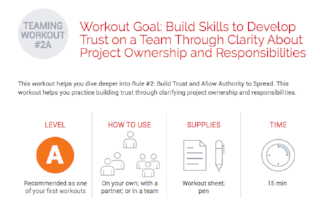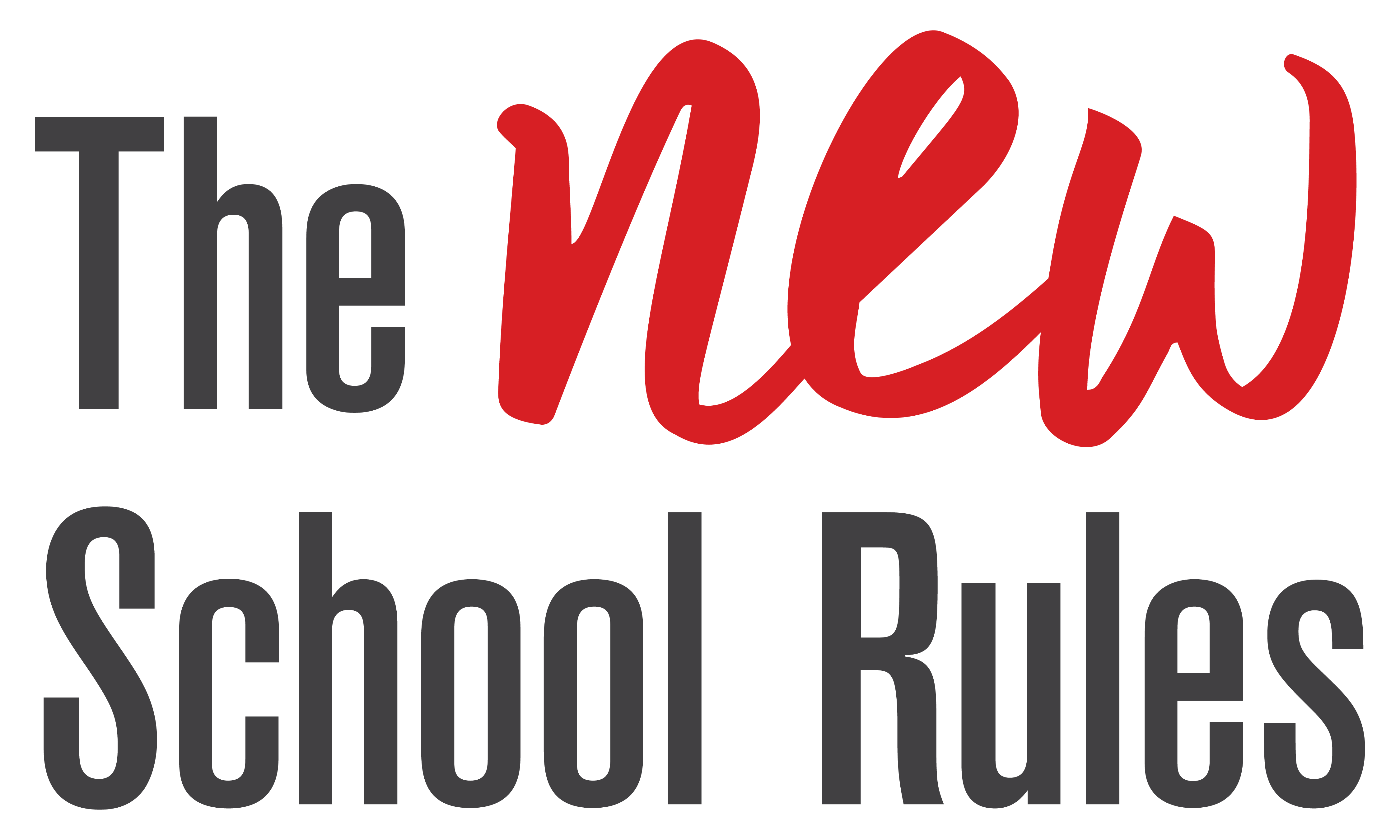Teaming
Rule #2: Build Trust and Allow Authority to Spread
Build teams, not hierarchies
Working in teams is the norm for most organizations, but our understanding of teamwork and team roles is often shaped by legacy, hierarchical systems. As organizations focus on becoming more responsive, we need new ground rules for how to align on purpose, how to share authority, and how to structure team meetings.

CASE STUDY
Our teams inspire.
A large southern school district (50,000 students, 87 schools) demonstrated the rule Teaming: Build Trust and Allow Authority to Spread by developing an “Integration Team” to break down silos that existed across school and district teams. The team gave authority to team members, who in the past had to wait for decisions to trickle down. The structure of this team became an inspiration for others across the district to rethink who was included in meetings, decisions, and leadership. For more on this case study see the Teaming chapter in The NEW School Rules book.

Activities
These activities will help you and your team test out new ways of planning

Teaming Workout #2A
This workout helps you dive deeper into Rule #2: Build Trust and Allow Authority to Spread. This workout helps you practice building trust through clarifying project ownership and responsibilities.

Teaming Workout #2B
This workout helps you dive deeper into Rule #2: Build Trust and Allow Authority to Spread. This workout helps you practice redistributing authority to the teams and individuals closest to each decision.
Not sure which rules to start with? Take our quiz!
Here’s what we’re reading and writing
Articles, reports, and activities related to The NEW School Rules

Reboot Our Schools
We need to reorganize our schools to mirror our day-to-day lives so formal learning is more relevant to students and the school workplace is more appealing to our teachers.

Workout #4A
This workout supports you in building skills for Managing Roles Rule #3. It helps you practice regrouping roles and accountabilities.

Rethink Consensus
Consensus as a strategy is often overused and misused. Instead of defaulting to consensus, we need to focus on how to get clearer about roles and authority.


